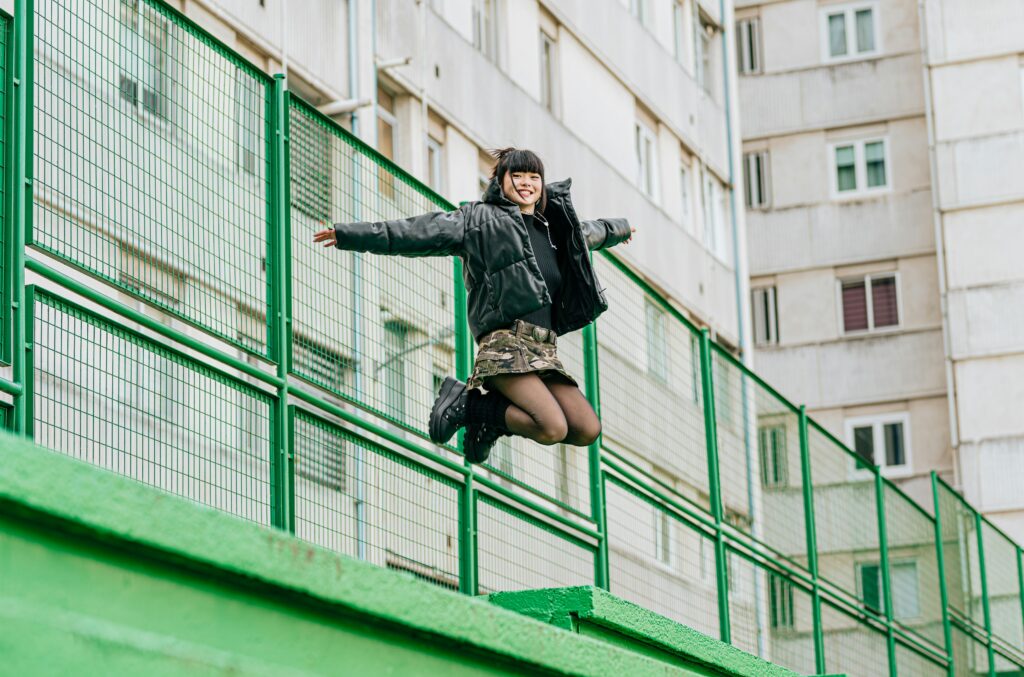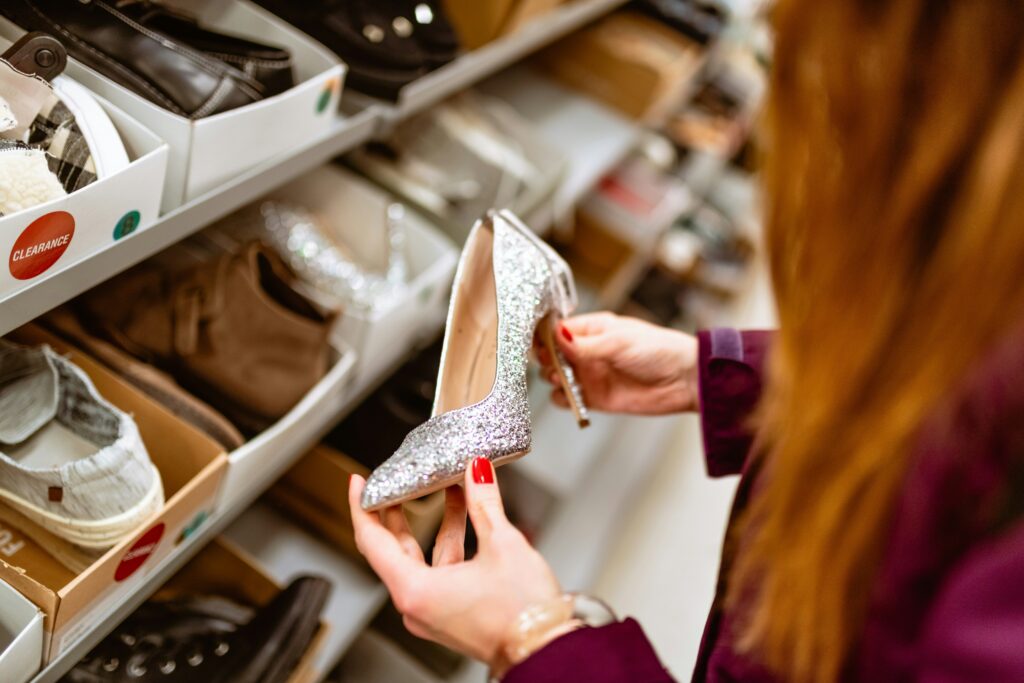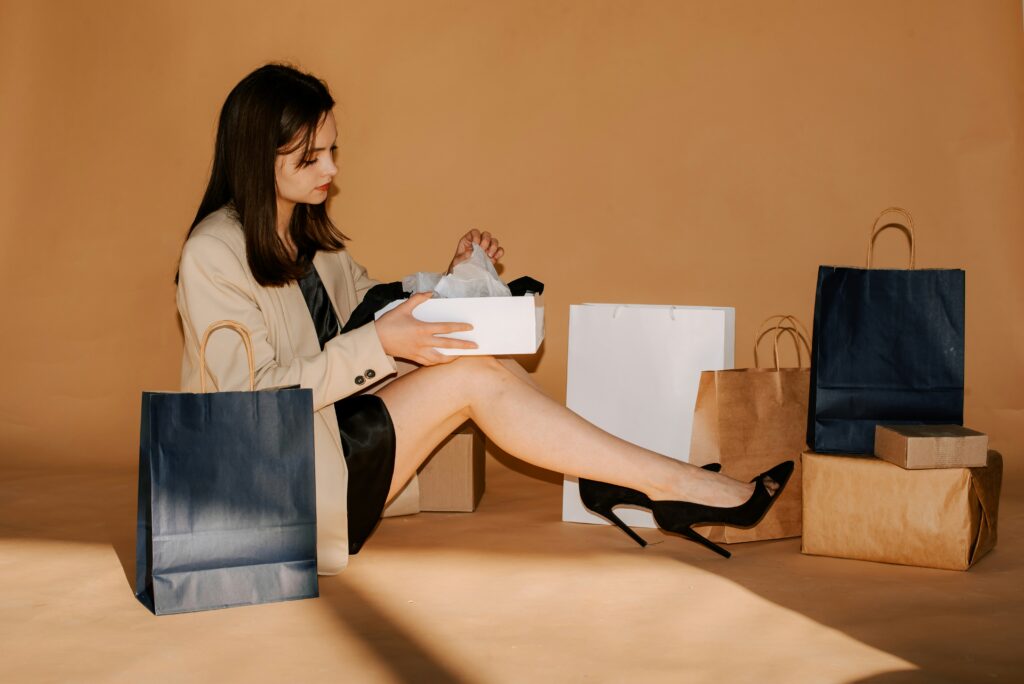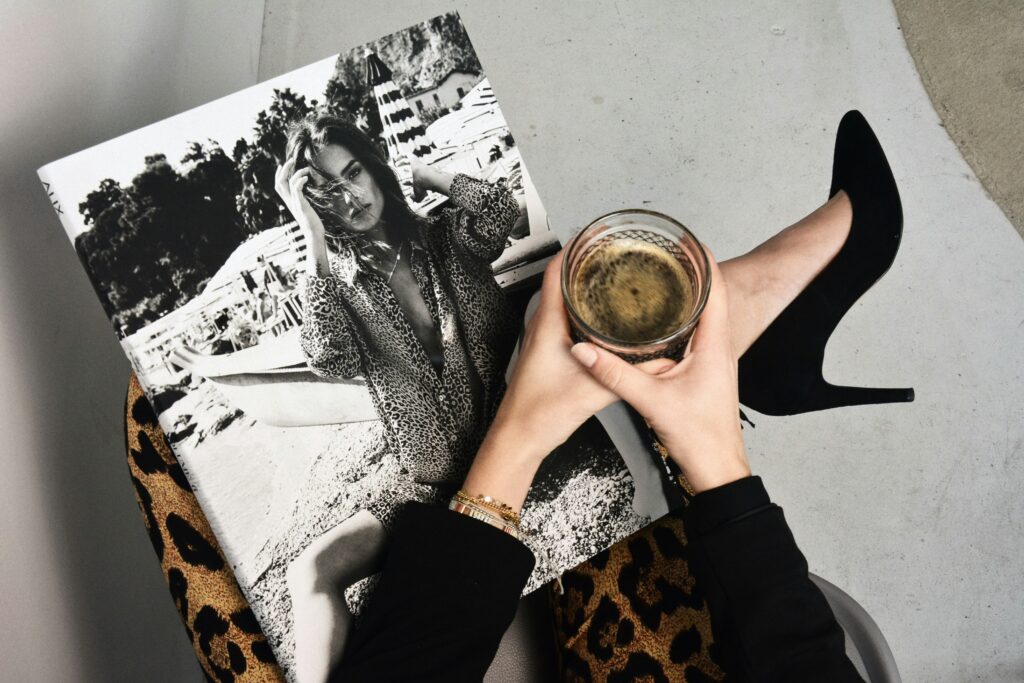Shopping for shoes is more than just a practical activity—it often brings an unmatched sense of joy and satisfaction. But what is it about buying shoes that feels so good? From psychological fulfillment to societal influences, let’s explore why shoes hold a special place in our hearts and minds.
1. The Power of Instant Gratification

One of the main reasons buying shoes feels so rewarding is the instant gratification it offers. When you find the perfect pair, it provides an immediate sense of accomplishment and happiness.
Shoes, as a tangible item, offer a quick solution to fulfilling the need for something new, exciting, or aesthetically pleasing. The act of shopping also triggers the brain’s reward system, releasing dopamine—a chemical that enhances feelings of pleasure.
This rush of dopamine is often enough to brighten your mood, making shoe shopping a simple yet powerful pick-me-up. Additionally, the instant satisfaction of wearing your new purchase adds to the overall sense of joy.
2. Shoes as a Form of Self-Expression

Shoes are more than just functional; they’re a form of self-expression. Whether you prefer sleek heels, trendy sneakers, or classic loafers, your choice of footwear often reflects your personality and mood.
Buying shoes allows you to explore and refine your personal style, which can be an empowering experience. This sense of individuality helps create a connection between you and your footwear, making the purchase feel meaningful.
The ability to curate a wardrobe that aligns with your identity adds to the emotional gratification of shoe shopping. Every new pair represents an opportunity to express yourself and stand out in your own unique way.
3. A Boost in Confidence

There’s no denying that the right pair of shoes can elevate your confidence. Shoes have the power to enhance your outfit, transform your posture, and even affect the way you carry yourself.
When you purchase a pair that fits perfectly and looks amazing, it can make you feel more self-assured and ready to tackle the day. Psychologically, this confidence boost stems from the belief that you’re presenting your best self to the world.
Shoes also symbolize preparedness, as they help you feel equipped to face various situations, from formal events to adventurous outings. This sense of empowerment makes buying shoes a rewarding experience.
4. A Break from Routine

Shopping for shoes often serves as a fun escape from the daily grind. Whether you’re browsing online or walking through a store, the process of searching for and trying on shoes can be a form of relaxation.
This break from routine allows you to focus on something enjoyable and momentarily forget about stress or responsibilities. Psychologists suggest that retail therapy, including buying shoes, can act as a coping mechanism for managing negative emotions.
While it’s not a long-term solution, it’s a harmless way to treat yourself and boost your mood in the short term. This sense of indulgence is part of what makes buying shoes so satisfying.
5. The Thrill of the Hunt

Finding the perfect pair of shoes can feel like uncovering hidden treasure. The process of searching, comparing styles, and finally discovering the one that fits your needs perfectly can be incredibly rewarding.
This sense of accomplishment taps into the brain’s reward system, making the purchase feel like a personal victory. Limited editions, sales, or unique designs add an extra layer of excitement to the hunt.
The anticipation of wearing your new shoes and receiving compliments from others enhances the thrill. This combination of effort and reward creates a memorable and fulfilling shopping experience.
6. Shoes as Status Symbols

Shoes have long been associated with status and success, and owning a stylish or luxurious pair can make you feel more accomplished. Psychologically, humans are wired to seek social approval and validation, and shoes often play a role in how we present ourselves to others.
Designer or high-quality shoes can signal wealth, taste, and confidence, which may explain why people are willing to invest in them. The act of purchasing shoes that align with a desired image can provide a sense of pride and social satisfaction.
7. Tangible Rewards Over Time

Unlike many purchases that lose their appeal quickly, shoes often provide long-term satisfaction. Every time you wear a favorite pair, you’re reminded of the joy you felt when you bought them. This longevity in emotional value reinforces the initial excitement and creates a positive feedback loop.
Shoes also tend to be a practical investment, combining utility with style. This dual benefit makes them a guilt-free indulgence, as they serve both functional and aesthetic purposes. The lasting utility of shoes ensures that the happiness from buying them doesn’t fade as quickly as with other purchases.
8. Nostalgia and Emotional Connections

For many, shoes hold sentimental value, representing special moments or milestones. A pair of shoes might remind you of a memorable event, a cherished trip, or a time when you felt particularly happy or confident.
This emotional connection can make buying shoes feel like more than just a transaction—it becomes a way to create new memories.
Psychologically, the act of buying shoes can also tap into childhood nostalgia, as footwear often played a significant role in formative experiences. This sentimental aspect adds another layer of depth to the joy of shoe shopping.

